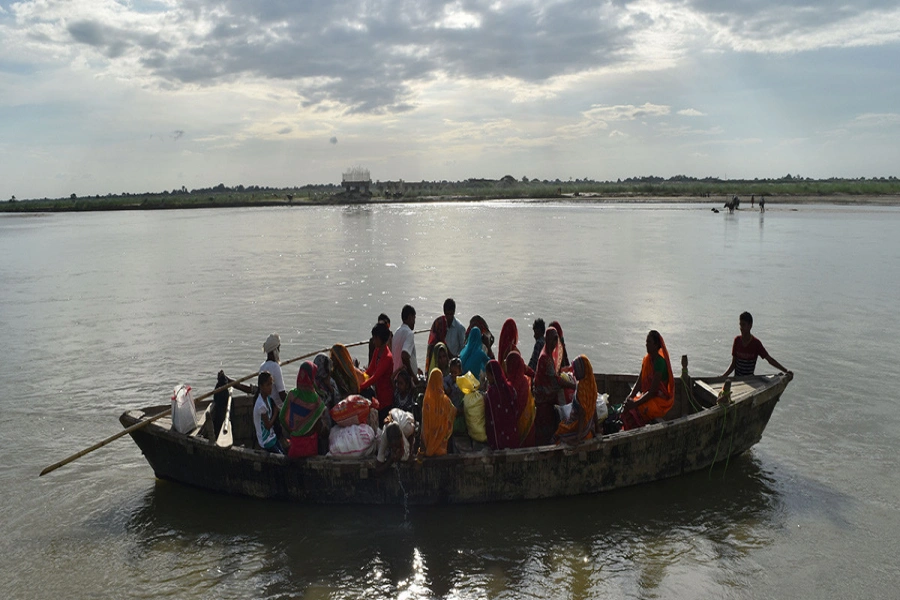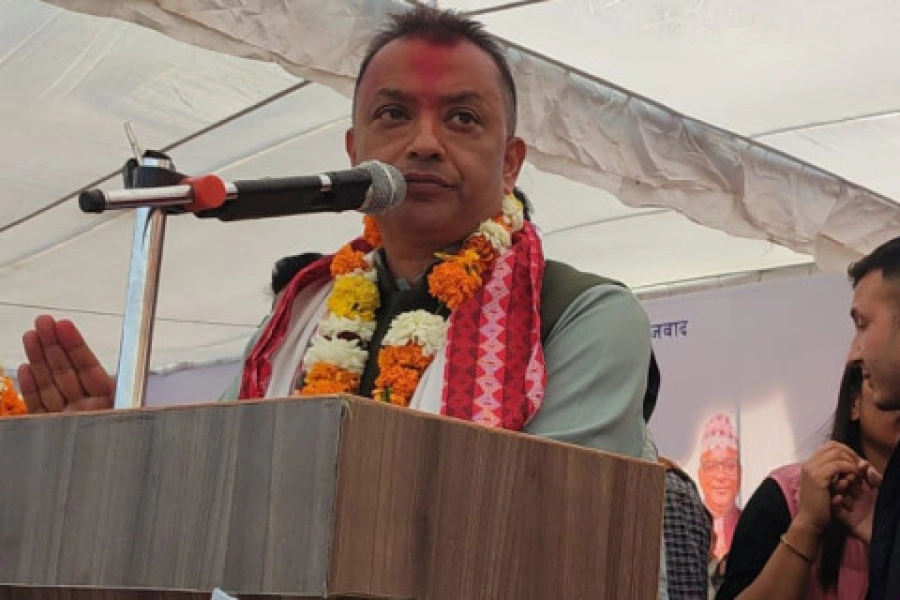KATHMANDU, June 26: Various human rights groups have expressed concern over the failure of the authorities to investigate and prosecute acts of torture in Nepal.
Issuing a joint press statement on the occasion of the International Day in Support of Victims of Torture on Friday, the International Commission of Jurists (ICJ), Advocacy Forum (AF) and Terai Human Rights Defenders Alliance (THRD Alliance) said not a single torture prosecution appears to have been brought in Nepal even as nearly two years have passed since the new Penal Code that criminalized torture came into effect.
“There have also been very few instances in which victims have received an effective remedy and reparation for their ill-treatment. Nepal has failed to meet its obligations in this regard under article 2(3) of the International Covenant of Civil and Political Rights and article 14 of the Convention Against Torture,” they said in the joint press statement.
Drop statute of limitations from anti-torture bill: Rights grou...

“Nepal has an obligation under international law to hold perpetrators accountable for acts of torture and cruel, inhuman or degrading treatment. This includes obligations as a party to the Convention Against Torture and the international Covenant on Civil and Political Rights,” the statement quoted ICJ Asia-Pacific Director Frederick Rawski as saying.
“It is disturbing to see that two years after the rightfully celebrated Penal Code provisions criminalizing torture have come into effect, the government has yet to successfully prosecute any acts of torture, which by all accounts continue to occur on a frequent basis.”
The Advocacy Forum and THRD Alliance both published reports on Friday that document instances of torture and other ill-treatment against detainees over the past year. Some 20 percent of the more than 1000 detainees interviewed reported some form of unlawful ill-treatment during confinement.
Executive Director of Advocacy Forum Om Prakash Sen Thakuri said although there appears to be some improvement in the treatment of detainees in some locations, torture and ill-treatment remains far too prevalent. “Police still continue to rely on “confessions”, typically obtained by ill-treatment or coercion during interrogation, as opposed to conducting proper investigations. Our police institutions need serious reform to ensure that investigative practices conform to international law and standards,” he said.
In a separate report analyzing the obstacles faced by victims in seeking justice for torture and ill-treatment, the THRD Alliance documented the complex challenges faced by torture survivors seeking accountability in the formal justice system. These obstacles included a frequent refusal by police to file a First Information Report on allegations of ill-treatment, statutes of limitation preventing cases from being prosecuted, and a lack of independence of police investigations in the rare cases when they do move forward.
“Despite repeated public commitments by justice sector and human rights institutions, such as the National Human Rights Commission and the Office of the Attorney General, torture survivors still struggle to have their voices heard or have their cases addressed,” the joint statement quoted Executive Director of the THRD Alliance Mohan Karna as saying.





































